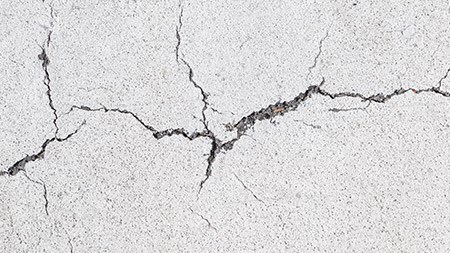What effect does the Consumer Protection Act (CPA) have on defects and the “voetstoots” clause?
The CPA does not apply to ordinary, once-off property transactions that fall outside the application of the Act, such as transactions between ‘consumers’ that were not conducted in the ordinary course of the seller’s business. In other words: if a seller sells his property and he is not a developer or speculator, meaning his ordinary course of business is not to sell property, then the CPA does not apply to this transaction. The purpose of the Act is to protect consumers from commercial dealings with businesses, where businesses have the resources and acumen to enter into property transactions and where unsuspecting consumers are not treated fairly. A transaction between an ordinary “once-off” seller and a home buyer can basically be seen as a transaction between two “consumers”.
The CPA has no effect on the voetstoots clause that is ordinarily used in agreements of sale of once-off property transactions. But, it does have an effect on agreements of sale between developers/speculators (and their agents) and consumers. To understand this correctly, you MUST read the article entitled “The Consumer Protection Act (CPA) in terms of Typical Property Transactions”, in the Property Power Magazine.
Defects in terms of ordinary “once-off” Property Transactions.
You should inspect the property you intend to buy/sell thoroughly. Only in certain instances, will the buyer be protected against severe defects discovered in the property after the transfer of the property has been registered. The law will attempt to determine whether the defect is patent or latent, and if latent, whether the seller deliberately concealed it with the intent to defraud the buyer, and on these grounds, make a ruling as to who is responsible for the cost of repair.
You are advised to not only undertake a physical inspection of the property, but also that the local authority has approved of any outbuildings, additions and alterations that have been effected to the property. In terms of the law, the absence of statutory permissions (approved building or alteration plans, etc.) may very well be ‘defects’.
A patent defect is clearly visible upon reasonable inspection, like a crack in a wall or window, and it should be stated in the offer to purchase, who will be responsible for fixing (or replacing) the defect.
A latent defect is not so easily picked up on superficial inspection, for example a faulty geyser, a damp area concealed behind furniture or fresh paint or a leaking roof.
The buyer has no recourse against the seller for ‘patent’ defects, which are visible or obvious without expert inspection - it is up to the buyer to look for them, and to decide whether or not to proceed with the purchase. Our common law stipulates that the seller is responsible for all latent defects in the property for three years from the date of discovery of the defect. It is for this reason that a seller would stipulate in the agreement of sale that the property is for sale 'as is' ('Voetstoots'). It covers the seller against all defects, including "latent" (non-obvious or hidden) defects, although he is still responsible for any latent flaws that have been deliberately concealed and can only rely on the 'Voetstoots' clause if the defect was unknown to him. However, the burden of proof is on the purchaser if he alleges that the seller knows or ought to have known about the defect, and deliberately concealed it.
A buyer should ask the seller to supply all warranties and documentation relating to any repairs and maintenance effected to the property, on transfer of the property.
Depending on the circumstances, the buyer can cancel the contract and/or claim repayment of a portion of the purchase price when a latent defect is present. In terms of the law a buyer cannot simply obtain a quotation for the repair or replacement of the defect in the property and then deduct the cost thereof from the purchase price and tender a lesser amount (or reduce his deposit) to the seller. He (the buyer) may also not refuse to pay occupational rental or any portion thereof unless the defect in the property seriously impairs the use and occupation of the property.
Any new defects that are discovered or occur after the sale of the property but prior to registration of transfer will be the seller’s responsibility, unless caused by the buyer during occupation.
To protect yourself, as the purchaser, it may be worth having a property inspection company inspect the property thoroughly. The cost of the inspection will be for the purchasers account.
This article originally appeared in Property Power 11th Edition Magazine. To order your copy at the discounted price of R120 click here.


